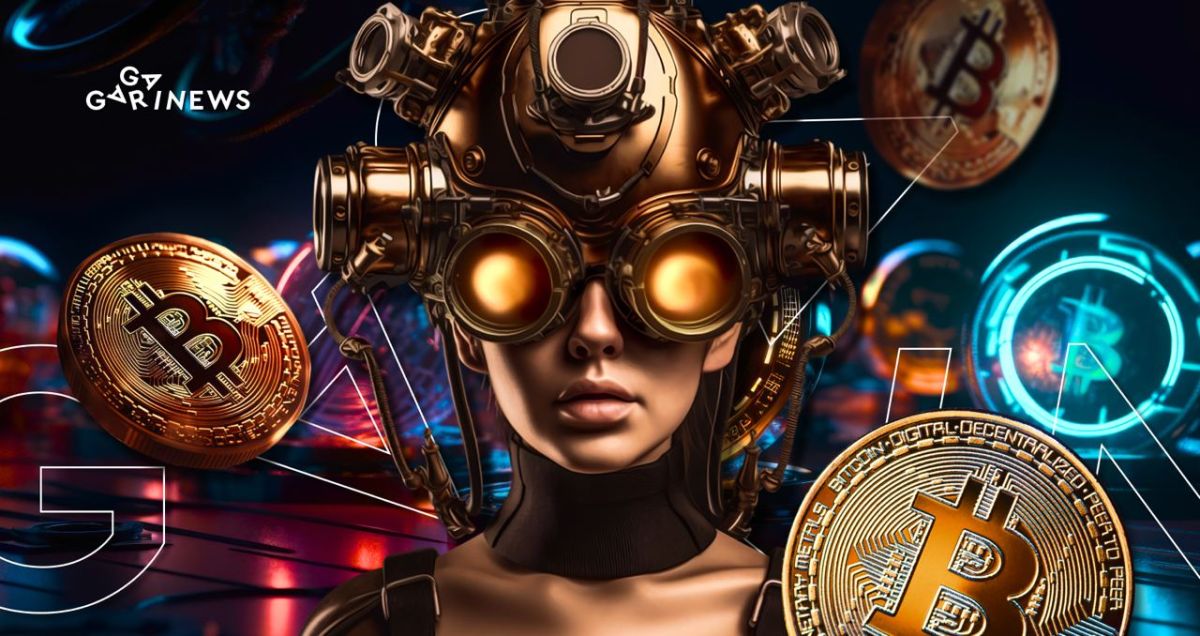Crypto Communities: Advantages and Challenges of the Core Team

Decentralization represents a more advanced and evolutionary approach to managing resources, finances, and projects. Under this model, there is no centralized authority or single individual responsible for making all decisions. However, without a Decentralized Autonomous Organization (DAO), the weaknesses of decentralization have to be resolved within the core team itself.
When a new decentralized cryptocurrency is conceived, it's typically brought to life by either an individual programmer or a team of developers. A network is established, and the inaugural block is created. Then all of the open-source software is uploaded to a platform like GitHub, allowing the project to begin its unbound journey in the vast sea of blockchains.
Going forward, any developer can build upon this open-source code, adding new features and expanding the range of tools available. From a programming standpoint, everything seems straightforward. But projects involve more than just code creation; they encompass numerous other facets including marketing, budget formation, user recruitment, business development, promotional campaigns, media collaborations, strategic planning, and much more.
Given that the project doesn't have a singular owner or decision-making hub, these functions are typically shouldered by the members of the emerging crypto community that organically grows around the project.
Eventually, within every decentralized project, a backbone of like-minded individuals begins to form. These individuals are ready to take on responsibility and propel the project forward, essentially acting in various roles on a community basis, which is to say, entirely free of charge. This is particularly prevalent in cryptocurrency projects that lack a premine, ICO, or monetary investors, rendering them devoid of a budget or available funds.
This team, comprised of dedicated individuals with various competencies, has been dubbed the ‘core team'. Each member performs a particular function or is responsible for a specific line of action. All activities and aspirations are geared towards a singular aim – the collective success of the project. However, the core team will sooner or later face an array of challenges, which are required to be solved collectively. But does this always work out when a large group of people harbors differing views on the project's trajectory, a DAO hasn't yet been established, and there isn't a single entity to make the ultimate decision?
Strategy
The most pressing issue is that core team members may hold divergent views on the strategic advancement of the project, the network, and the currency itself. Some team members might believe that services are the top priority (but where would the funds to establish these come from?). Others may place their bets on unique features, for instance, the anonymity of transfers, the creation of secured smart contracts, or the development of cross-chain bridges with the most popular blockchains, among other things. Yet another group of stakeholders may hold the belief that attracting new users is of utmost importance (but where would the funds for such promotional campaigns come from?). Meanwhile, others are convinced that the project should evolve organically, leaving what's already been established untouched and supporting the initiatives of new participants.
If the core team members cannot find a consensus on these matters, the project will eventually face severe issues down the line.
Budget
The issue of budget, or lack thereof, is a sensitive topic. In Proof-of-Work coins that lack pre-mining and sponsors, there is no funding available, period. In such scenarios, the most influential actors are often the “money bags” – the largest miners or owners of mining pools with substantial hash rates. By accumulating a significant number of coins through mining, they become sponsors of specific initiatives, capable of incentivizing developers to create new features and services. However, this practice risks undermining decentralization and could jeopardize the project's organic growth due to dependence on these prominent miners.
Marketing
When it comes to a marketing strategy, perspectives can differ considerably. Some may support organic growth, while others could advocate for aggressive marketing tactics. Some individuals might believe that crypto conferences and meetups are the best way to promote, whereas others might prefer more traditional forms of external advertising.
Occasionally, a marketing director may join the core team, but without consistent compensation or with only infrequent donations, their enthusiasm may only last a couple of months. Carrying out effective marketing strategies without a solid budget or stable reward is challenging. Pure altruism can only go so far, and as experience shows, only a rare few marketers globally are capable of sustaining this effort.
The Discord Among Whales
The worst-case scenario for any project occurs when discord arises among the influential stakeholders, often referred to as “whales.” This discord is typically fueled by a competition centered around the possession of greater influence or a longer tenure within the project, whether measured in terms of wallet balance or time spent on the core team. Unfortunately, such contests rarely result in anything constructive. As opposing whales begin to form factions, they attempt to rally like-minded individuals to their cause, while also trying to sway other core team members to their side. This situation signals the onset of a “civil war” within the project and significantly increases the likelihood of its downfall.
However, these processes are indicative of decentralization and evolutionary progression, and they dictate which core teams will lead cryptocurrency projects to success and which will doom them to extinction. Just like in the animal kingdom, it's survival of not only the fittest but also the most strategic and intelligent!
Conclusion
Unfortunately, apart from Bitcoin, very few genuinely decentralized cryptocurrency initiatives have achieved success. Many core teams, driven by their primary objective of maintaining competitiveness in the market, find themselves compromising on certain decentralization principles originally proposed by Satoshi Nakamoto or sacrificing a degree of freedom. As a result, a significant number of today's cryptocurrency projects are governed by centralized funds dedicated to supporting startups. Numerous projects rely on a pre-mined asset, ensuring a budget is available but ultimately undermining the principles of decentralization. In contrast, other crypto startups resort to creating Decentralized Autonomous Organizations (DAOs), which can preserve the principles of decentralization, albeit requiring certain resources and time for establishment.
While decentralization comes with its advantages, it also brings with it an array of vulnerabilities and challenges. These test every core team's maturity, their ability to strike a sensible compromise, and their talent for managing the ambitions of individual cryptocurrency community members, the ‘whales.' This is an evolutionary journey, a test of endurance. Given the fact that a host of truly impressive and gifted projects tend to falter, despite having a strong tech base and multiple services on offer, it seems that this test proves too much for many…
P.S. The author of this article has personal experience as a member of the core team of a decentralized currency and network. Hence, the perspectives expressed above are somewhat autobiographical and reflect the practical knowledge gained in the pursuit of decentralization.
The content on The Coinomist is for informational purposes only and should not be interpreted as financial advice. While we strive to provide accurate and up-to-date information, we do not guarantee the accuracy, completeness, or reliability of any content. Neither we accept liability for any errors or omissions in the information provided or for any financial losses incurred as a result of relying on this information. Actions based on this content are at your own risk. Always do your own research and consult a professional. See our Terms, Privacy Policy, and Disclaimers for more details.


























